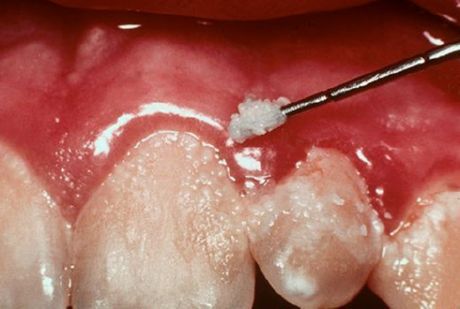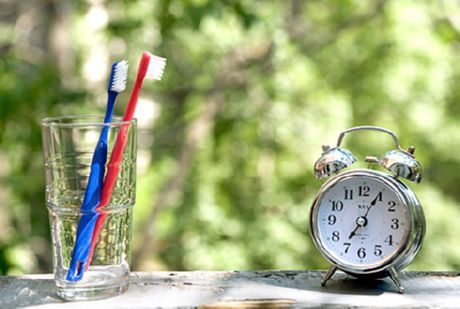New publications
Why does plaque occur and what are the dangers of plaque?
Last reviewed: 01.07.2025

All iLive content is medically reviewed or fact checked to ensure as much factual accuracy as possible.
We have strict sourcing guidelines and only link to reputable media sites, academic research institutions and, whenever possible, medically peer reviewed studies. Note that the numbers in parentheses ([1], [2], etc.) are clickable links to these studies.
If you feel that any of our content is inaccurate, out-of-date, or otherwise questionable, please select it and press Ctrl + Enter.
We've been taught to fight plaque since childhood. Regular brushing and flossing are the foundation of oral health.
Dental plaque is a biofilm – a mixture formed from various bacteria and substances produced by them. Bacteria also secrete acids that lead to the destruction of tooth enamel, and subsequently to caries. If plaque is not removed in time, it will harden and turn into tartar, which can only be removed by a dentist.
Tartar and gingivitis

Everyone knows how to combat plaque, but not everyone can overcome bad habits, and therefore pay with their health. Tartar that has settled on the cervical part of the tooth can cause gingivitis and other gum diseases.
How does plaque and tartar form?
Dental plaque appears when teeth are not cleaned properly. Soft plaque accumulates on the rough surface of the tooth neck, which later turns into tartar. Lime salts are deposited on the plaque and the natural microflora of the oral cavity becomes pathological. At first, the plaque is soft, but then it hardens and cannot be removed with a toothbrush.
Sweets
As is known, the favorite food of bacteria is carbohydrates, in particular sugar. Therefore, eating sweet candies and chocolate and washing it all down with sweet soda only contributes to the reproduction of bacteria that form a thin film on the surface of the tooth.
Smoking
Carcinogens contained in toxic tars from tobacco smoke accumulate on the surface of the tooth, forming dark spots. According to research by scientists, on average, smokers lose 20% more teeth throughout their lives than those who do not smoke.
Disruption of metabolic processes in the body
Increased levels of phosphorus and calcium salts in saliva can also cause plaque formation.
Irregular oral hygiene

Plaque can be compared to bees: when one flies, there is no problem and you can ignore it, but when there is a whole swarm of them, then it is already a problem. Teeth should be brushed in the morning and evening, with a toothpaste containing fluoride.
Visiting the dentist
Even if you take good care of your teeth with a toothbrush, good toothpaste and dental floss, some plaque is still present on your teeth. Over time, although not so quickly, it transforms into tartar and needs to be removed at the dental office. However, many are in no hurry to visit the dentist, believing that if the tooth does not hurt, then there is no need for it. Such carelessness is fraught with the formation of carious cavities, which leads to tooth loss. You need to visit the dentist at least once a year, and ideally twice.
